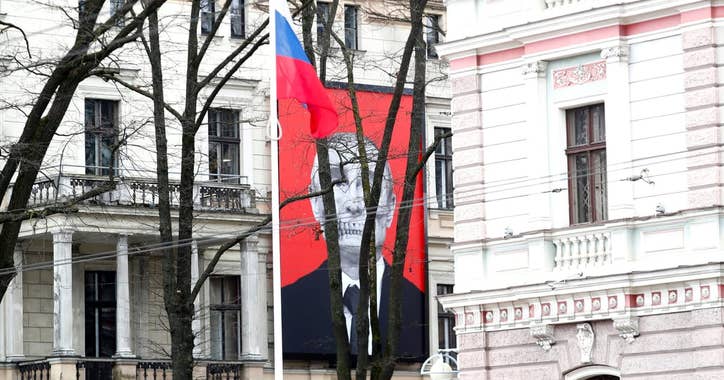How dirty Russian money taught Latvia to get serious on sanctions
Centralizing the policing of sanctions could serve as a model for other EU countries.
When your most important ally swoops in and closes your third-largest bank while calling it a “money laundering institution,” it’s time to roll up your sleeves and get to work.
That’s exactly what Latvia did when confronted by the U.S. Treasury Department in 2018: It cleaned up its banking sector and passed strict anti-money laundering laws. If that American slap on the wrist hadn’t arrived six years ago, Latvia “would have been in a much more difficult position to enforce sanctions after Russia’s invasion of Ukraine,” Paulis Iļjenkovs, the country’s top financial investigator, told POLITICO.
In an approach that is unique within the European Union, Latvia has now designated the Financial Intelligence Unit (FIU) that Iļjenkovs runs as the single central authority for applying and enforcing sanctions imposed by the EU in response to Vladimir Putin’s war on Ukraine.
Across the bloc, meanwhile, these tasks are spread among some 160 national agencies. The fragmented approach reflects the fact that while the EU has jointly agreed on 13 rounds of Russia sanctions — with a 14th in the works — its 27 member countries are individually responsible for putting them into practice.

Add comment